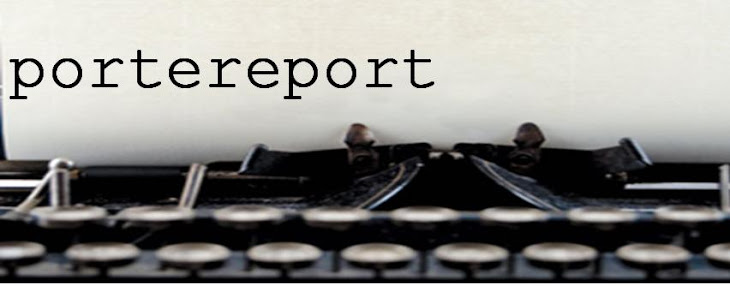Starbucks Card Mobile for iPhone and BlackBerry lets users pay for their coffee by holding up the 2-D barcode on their smartphone to the scanner at the counter. The application also allows customers to manage and reload their Starbucks Cards.
“We’re seeing more and more customers using their smartphones as their mobile wallets,” says Brady Brewer, vice president Starbucks Card and Loyalty. “We’ve heard from our customers on My Starbucks Idea that they want a faster, more convenient way to pay.”
A mobile payment device is faster? Interesting. In the Quick Service Retail industry, loyalty cards and alternative payment devices tend to fail and/or meet a lot of criticism both internally and externally. There are a few reasons for this, but the main one is that it slows down the line, and the experience. It doesn't traditional speed it up. I haven't tried this Card program yet, but from my 2-D interactions so far, it's not as fast as it often promises to be.
Regardless of the past, if anyone can figure this hurdle out, it's Starbucks. They recognize that mobile is an increasingly important avenue for them, and other should take note. The company reports that more than 50% of all logons to its free in-store WiFi are made via mobile phone, and that of its smartphone-carrying customer base, 71% have an iPhone or BlackBerry device.
The ultimate goal of the program is to get customers to trade in their physical Starbucks Cards for the digital variety — it’s a time saving exchange for the customer and a cost saving exchange for the company. Already, one in five of all in-store transactions are paid for via Starbucks Card (mobile or physical), and more than $1 billion will have been loaded on to cards by year’s end. ~ p
(Source: Mashable)


No comments:
Post a Comment